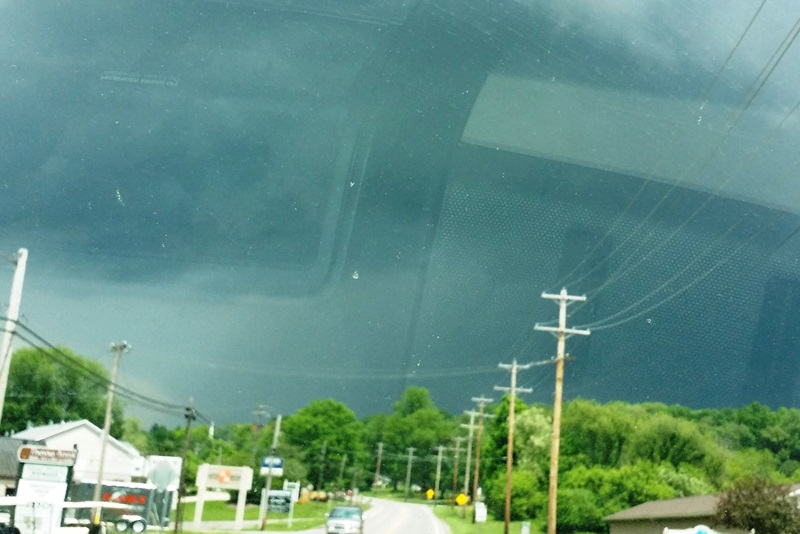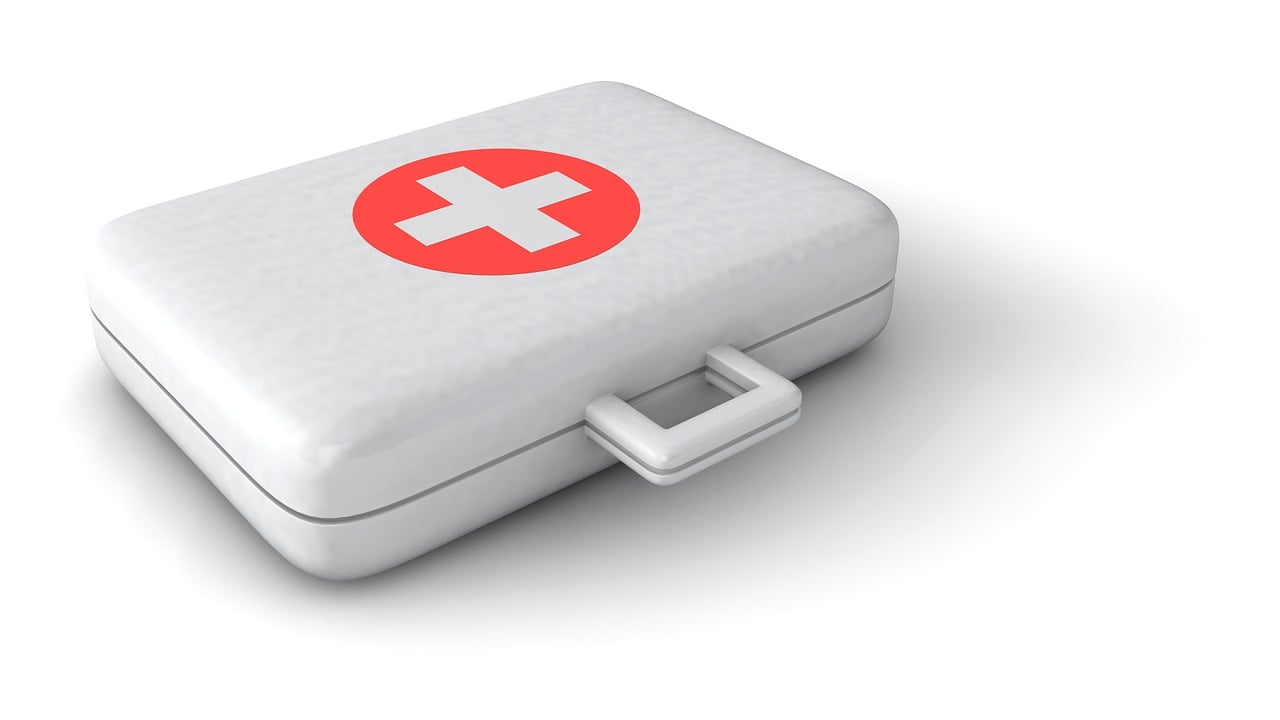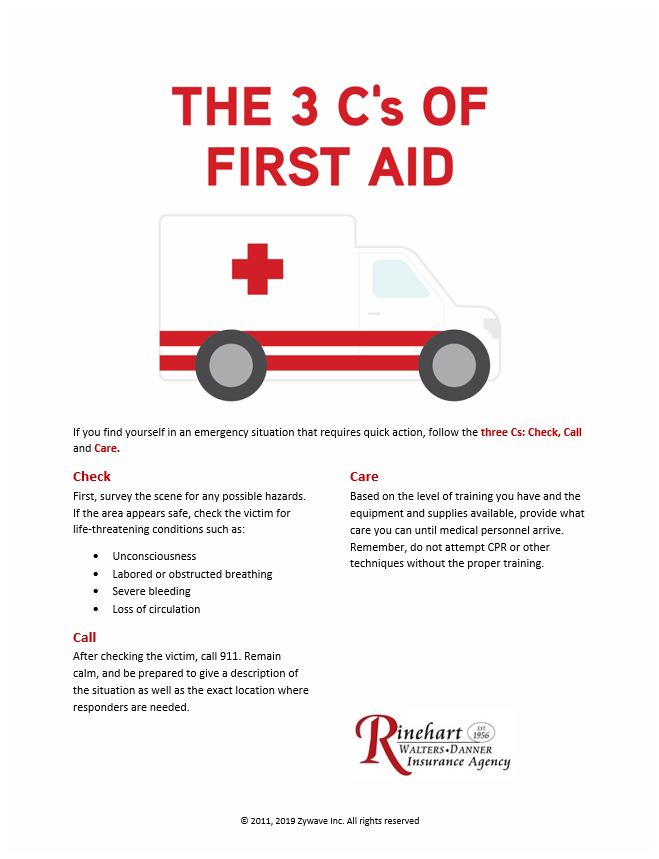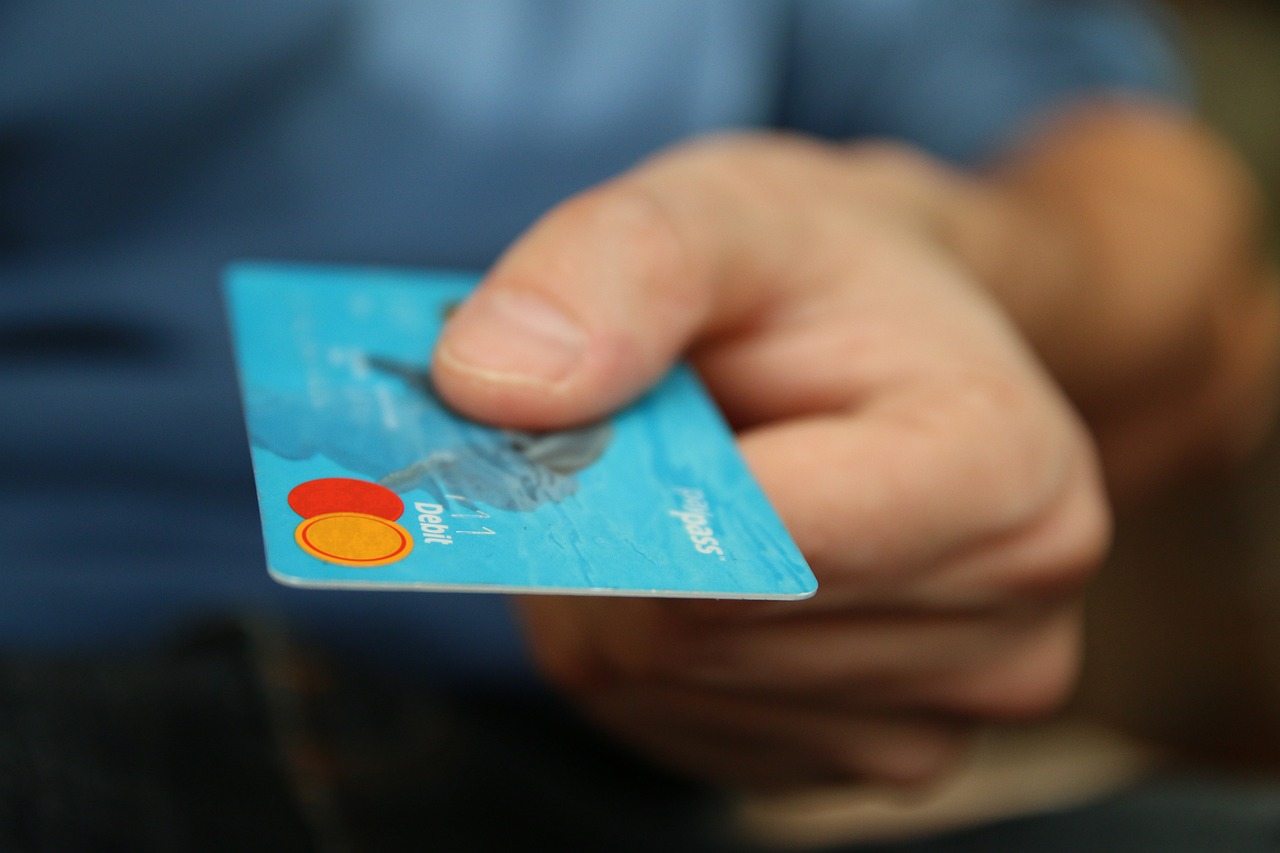
High School is over and it’s time for the next big step, college. The new students schedule is done, books are purchased and the day is approaching fast for the big move. New furniture, décor and electronics are all packed and ready to go. Before your college student can begin their next adventure you have one last item to complete on your check list. Talking with your insurance agent. While that may seem like an odd item to have on your checklist, it is probably one of the most important. Your insurance agent will have important insurance tips for your college student. When your child leaves home and takes up a new residence at college, that can affect how their belongings are covered. Below are a few questions you may have when it comes to insurance and your college student.
Will my college student’s belongings be covered by my homeowners policy?
Does your child lives in a campus dorm? There is usually a small amount of coverage that would be extended from your homeowners policy. If your child has expensive items, or a lot of items, you may need to consider purchasing additional coverage. Does your child lives in off campus housing? Their belongings may not be covered at all.
Is renters insurance really necessary?
Yes. Chances are your child’s belongings will exceed the amount provided by your homeowners policy, if they are even covered at all. Renters insurance will cover the possessions in your child’s housing at a small cost. You can purchase renters insurance for as little as $15 per month. This will not only give you the extra coverage, but peace of mind that that expensive new laptop or TV will be protected in the event of fire, theft, or other disaster.
In addition to your college students belongings, the move to college can affect your auto coverage and health coverage.
Will your child move more than 100 miles away from home?
If this answer is yes and they do not keep a vehicle at school, your insurance premiums could decrease by as much as 30%. If they are taking a car with them, be sure to review your auto coverage with your agent. Make sure you have the appropriate coverage and your child understands how it works in the event of a claim.
Does my child need to purchase health insurance?
In the state of Ohio, many health insurance carriers are now required to coverage children up to age 26. This rule applies regardless of full time student status. Be sure to review your health coverage to verify the dependent age limit on your plan. Also, make sure your child has an ID card with them if they should need to see a Dr or get a Prescription. They should also understand how the coverage works and if there is any copay they will be responsible for if they should have to use the coverage.
Sending a child to college can be a scary yet exciting time for everyone. When you add your insurance agent to your list of people to talk to during this transition, it can help give you peace of mind for you and your child’s future insurance needs. Remember, your agent is a great source for insurance tips for your college student.
Did you find this information helpful? Please share this information.
















